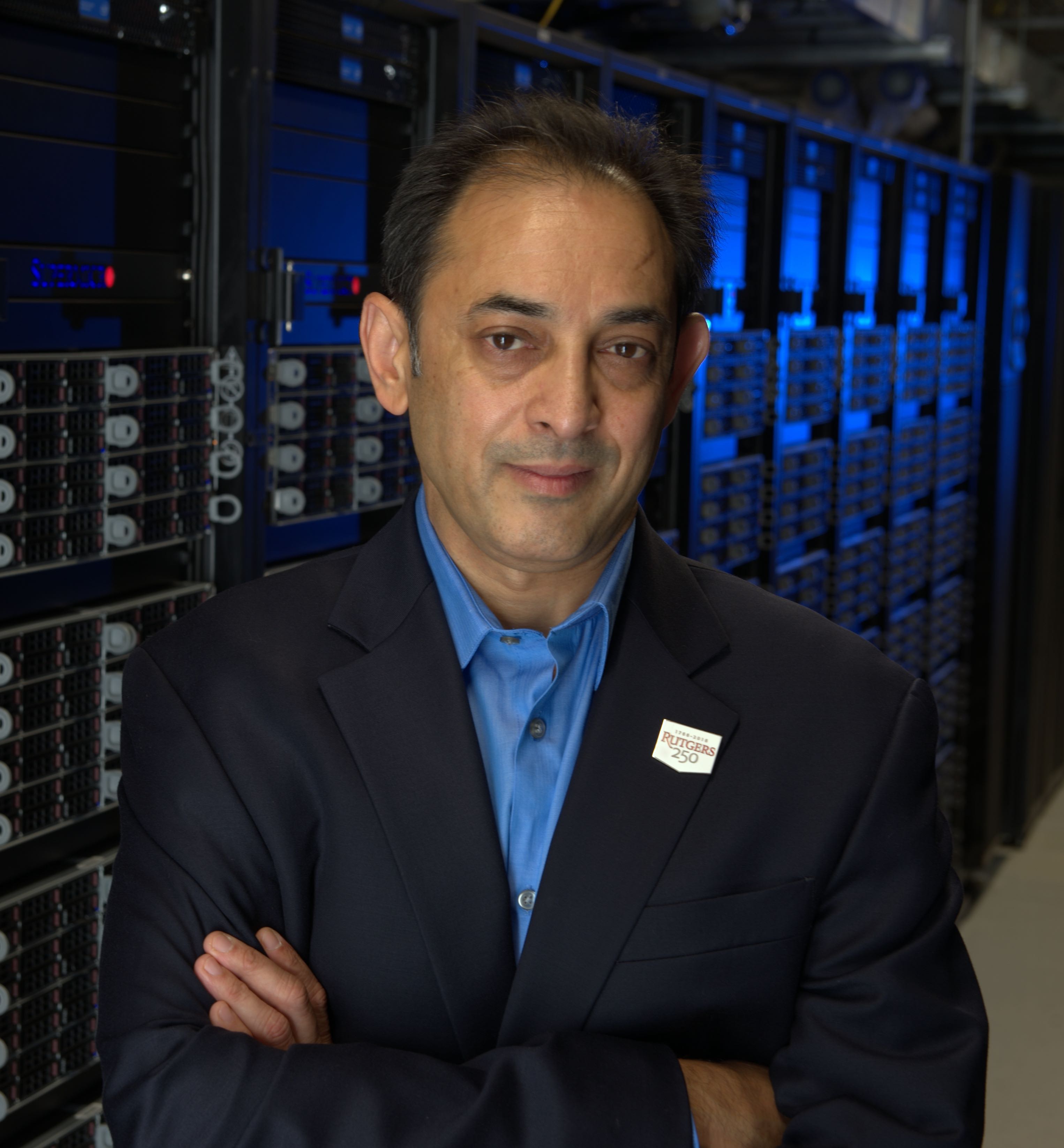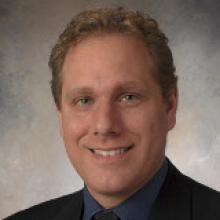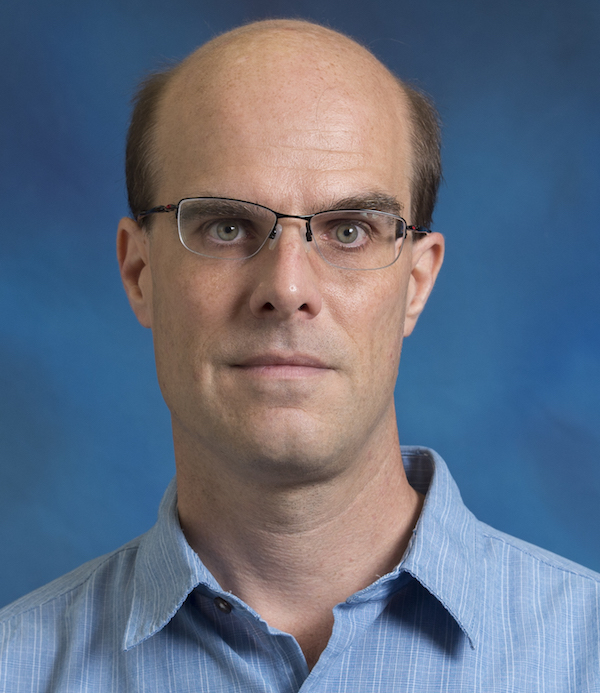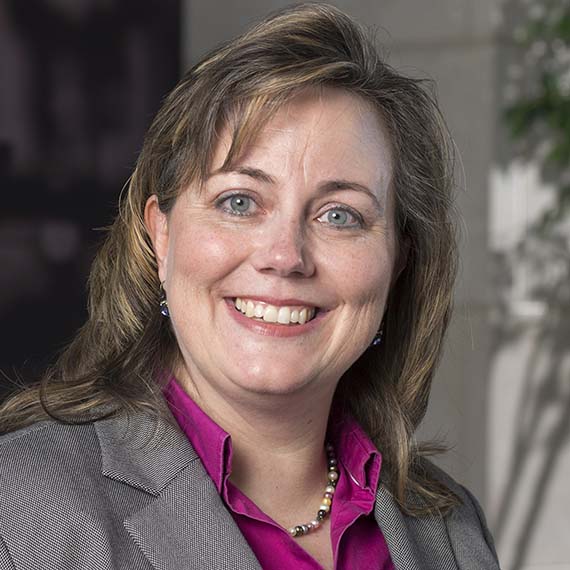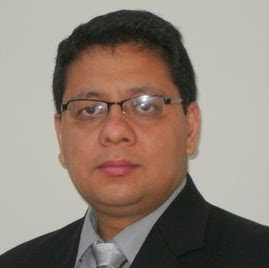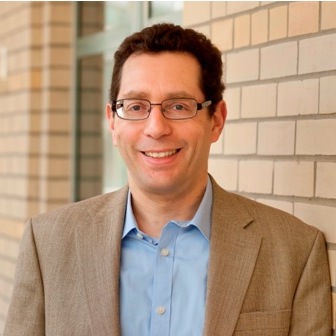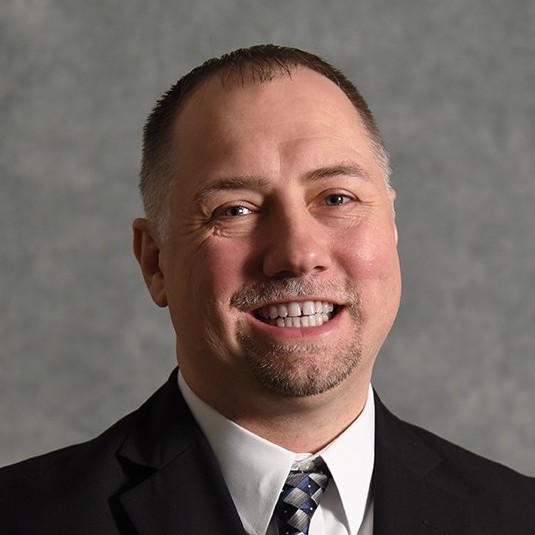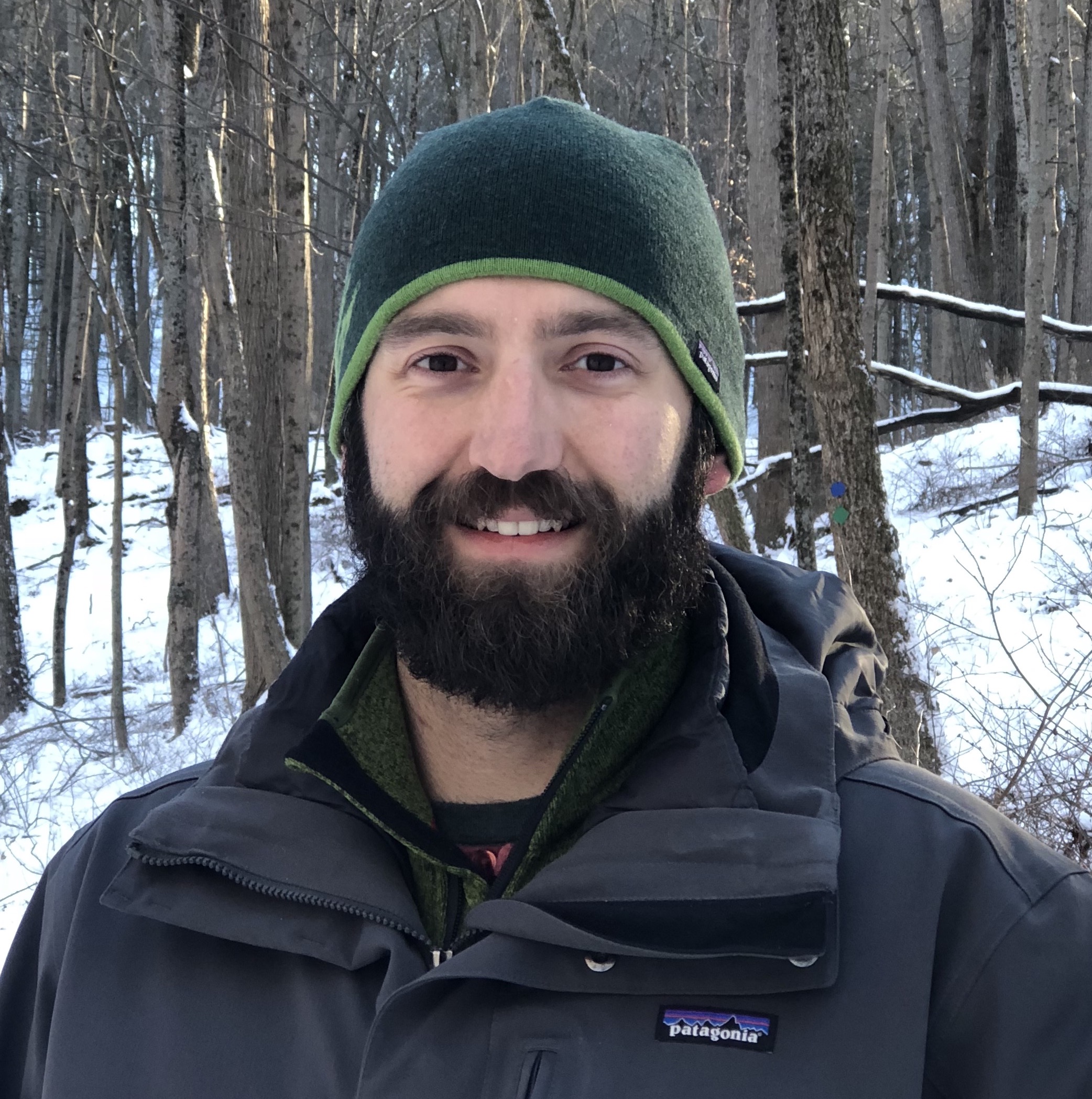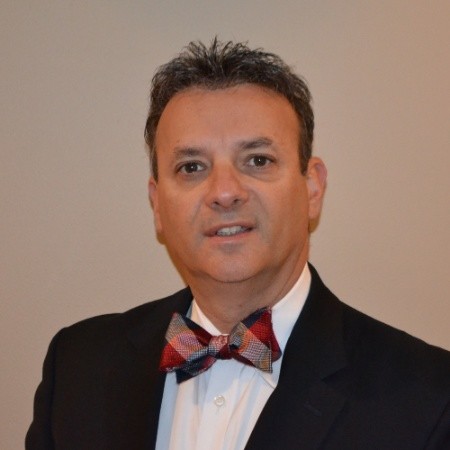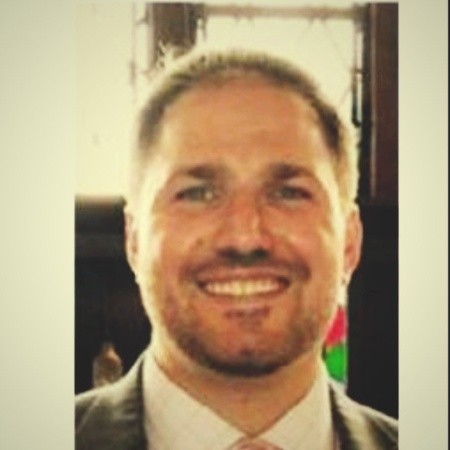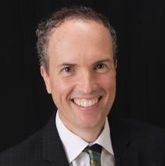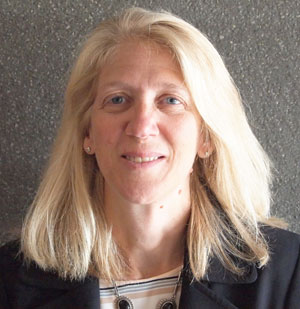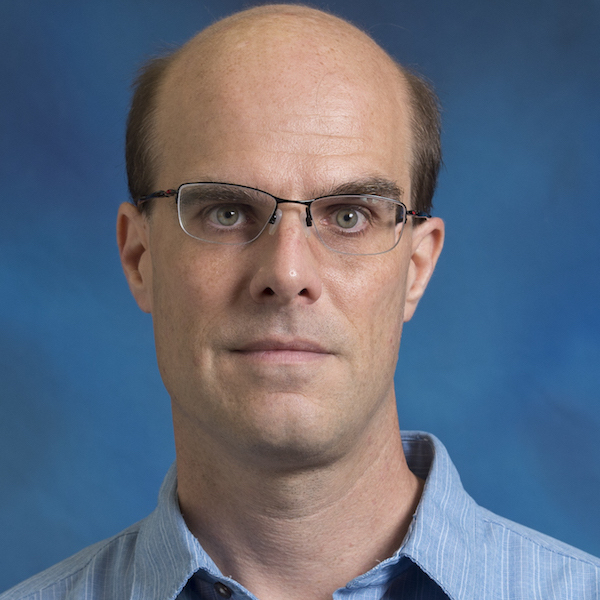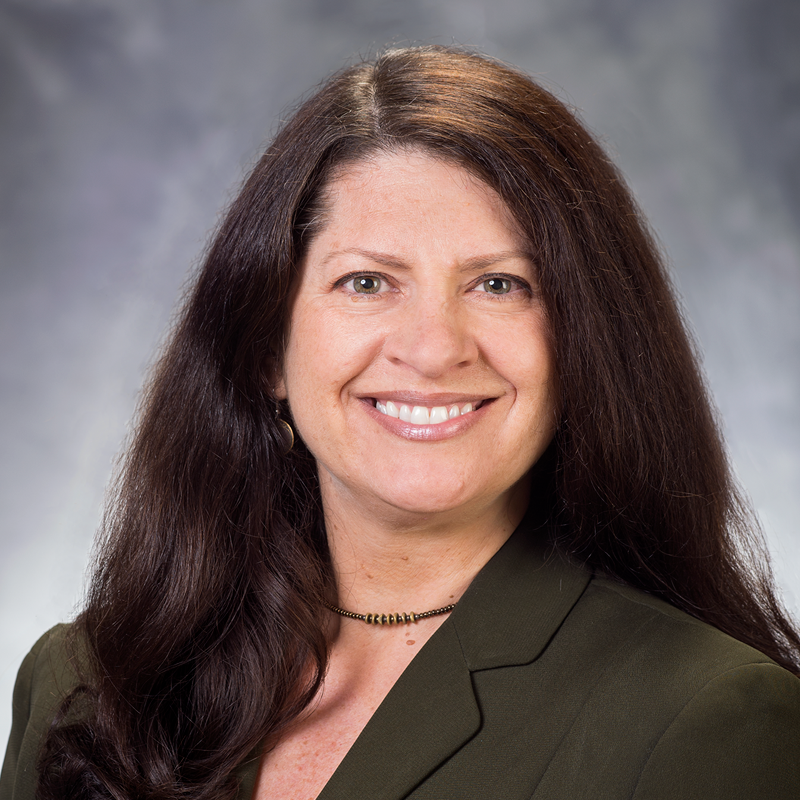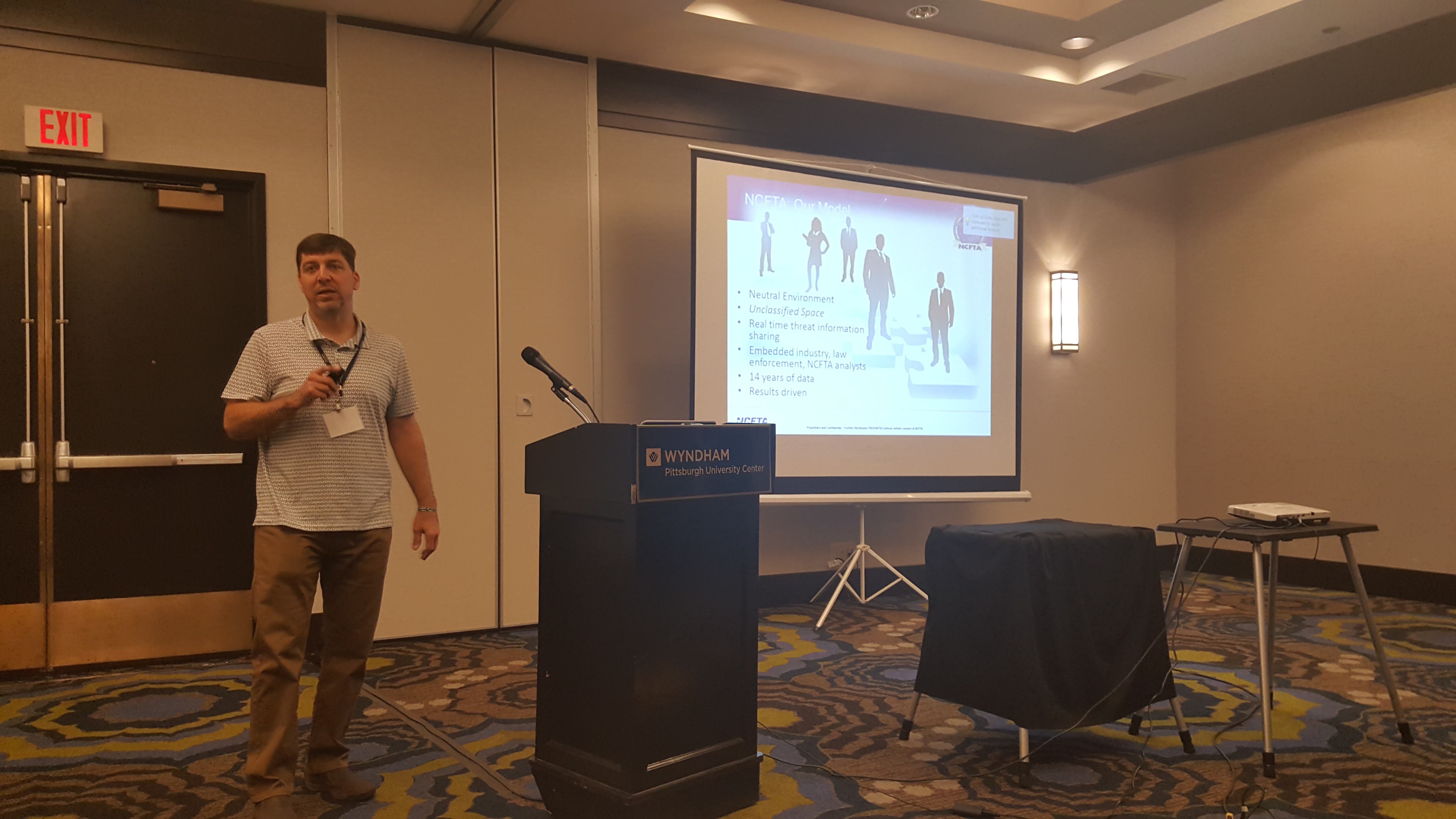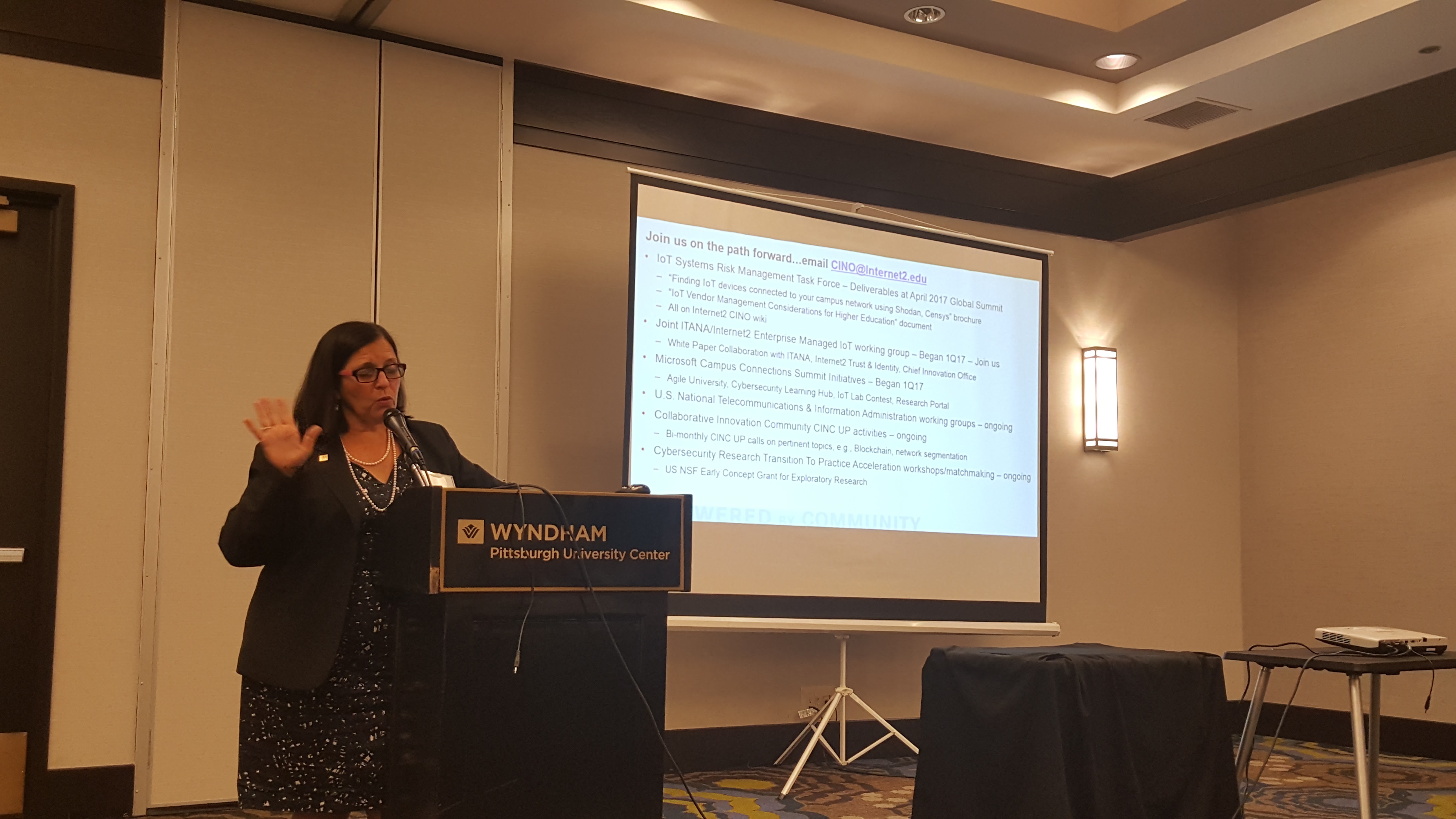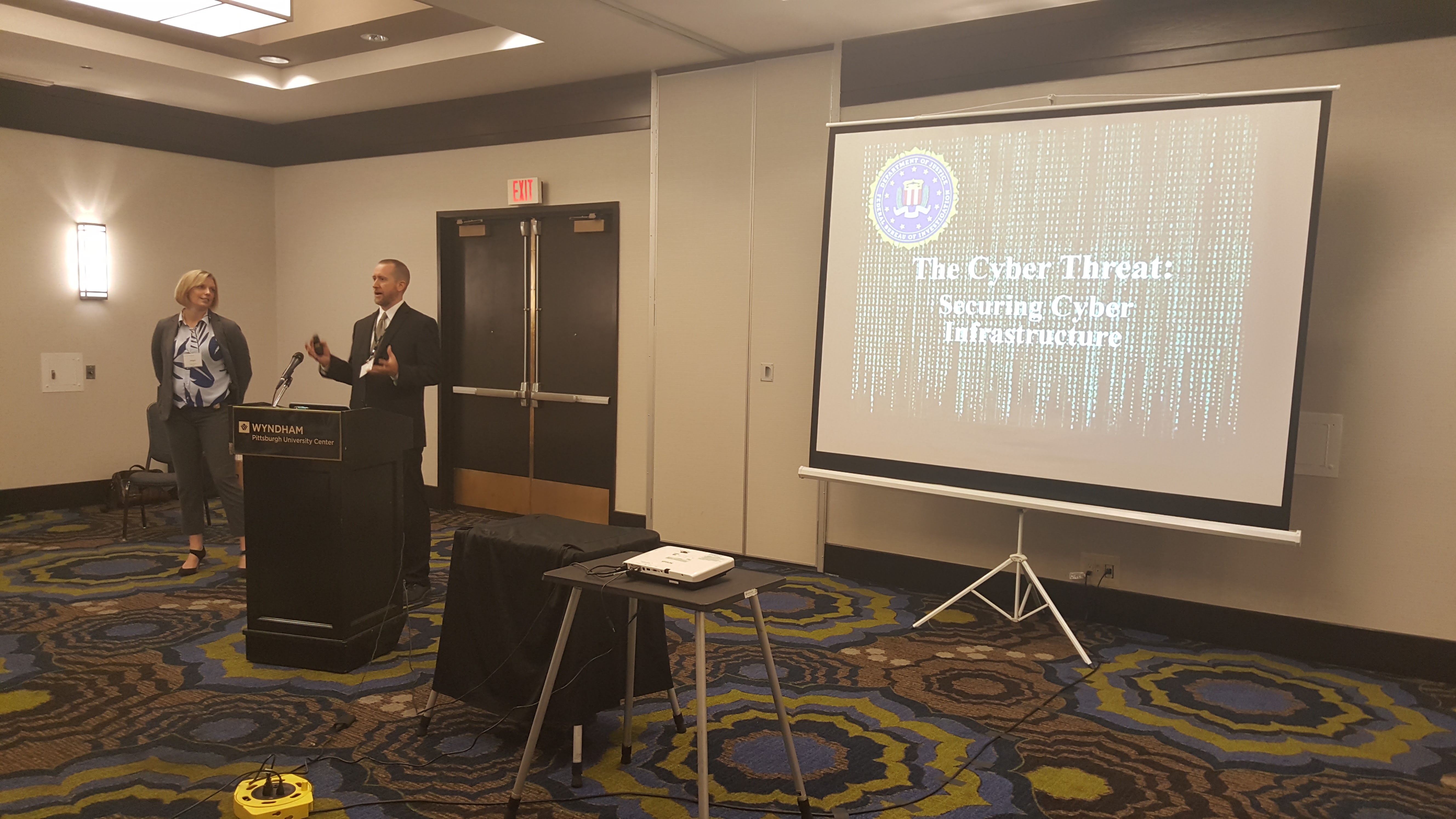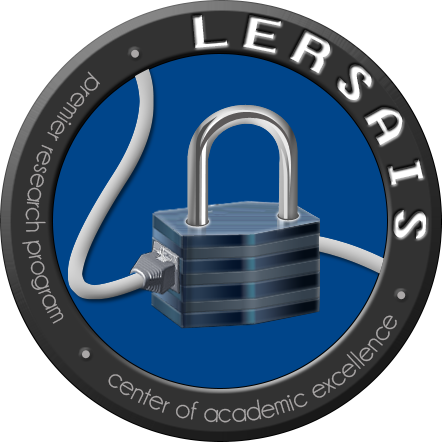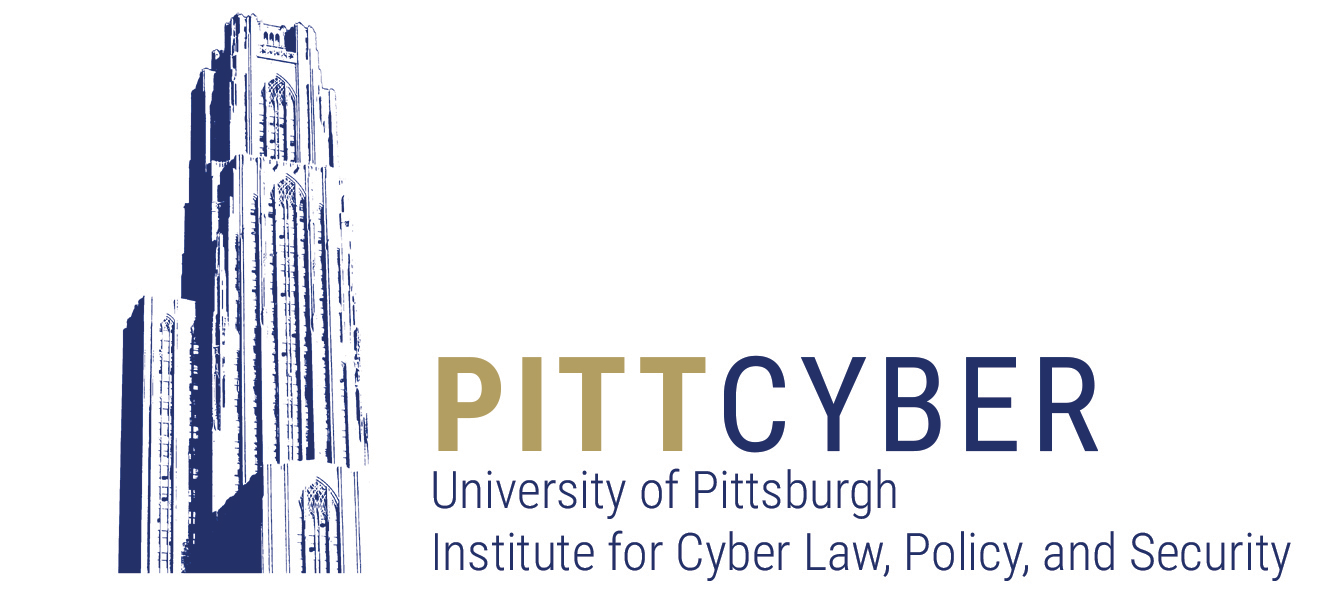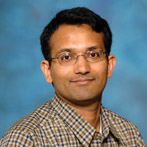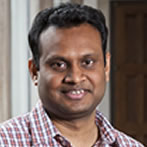Abstract
New methods are required to address threats increasing in frequency,
sophistication, and impact, in an increasing climate of cost constraints,
and resource and skills shortage. Traditional security controls and response
can’t possibly keep pace.
Private and State sponsored dark web actors are well orchestrated, using
innovative AI technologies, leveraging Digital Currencies, their R&D
producing wares designed to circumvent traditional security practices have
changed the game. You now require innovative security approaches.
The art of effective Threat Hunting, Advanced Analytics, Incident Response,
and the value of Cognitive Security are the new frontier.
Learn how to determine threats before your fences are tested, investigate
non-obvious related offenses, obtain near-real-time insight and effectively
trigger incident response as a single strategy.
Biography
IBM CyberSecurity Advisor, Certified Information Systems Security
Professional, and recognized subject matter expert in Security Intelligence,
Data Protection, Identity Access Governance, and Authorization. His unique
security perspective is frequently reflected in his published articles.
Consulting roles include: Lead architect for many of the largest secured
authentication and authorization infrastructures. This includes Billion user
authentication infrastructures.
Speaking engagements include passionate discussions correlating blended
threats across physical and logical infrastructure boundaries, Cognitive
Security, Threat Hunting, Security Intelligence and Response, Identity
Access Management and Governance, Defense in Depth, Security Immune System,
Cloud Security, and Billion User Identity Crisis.


